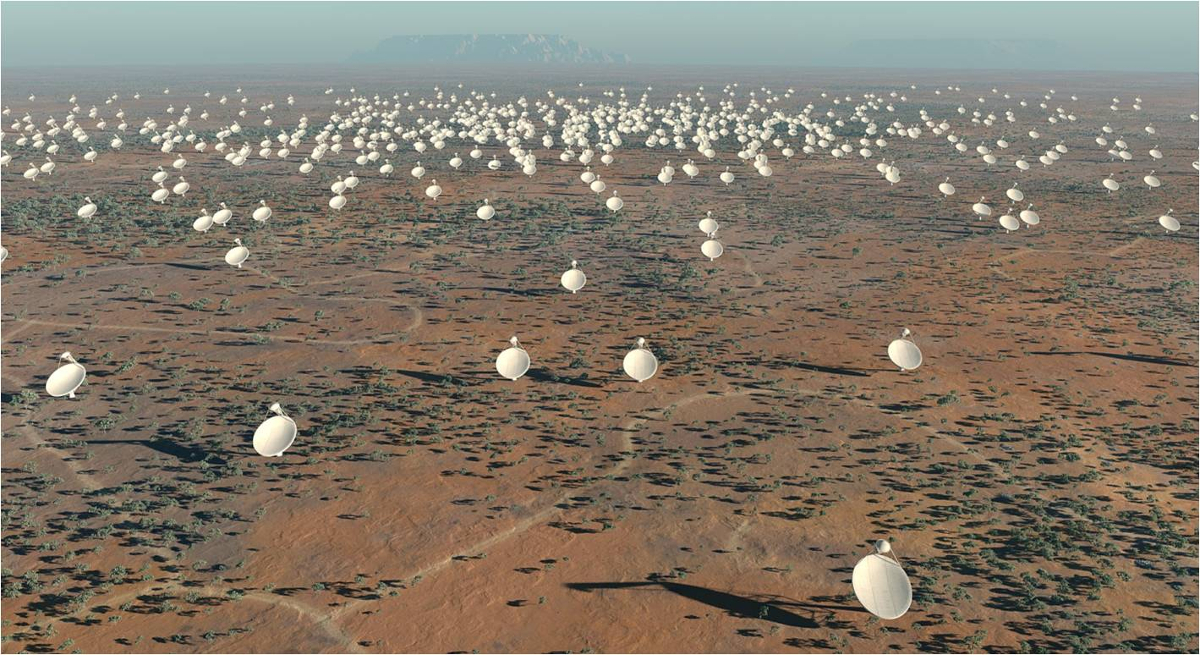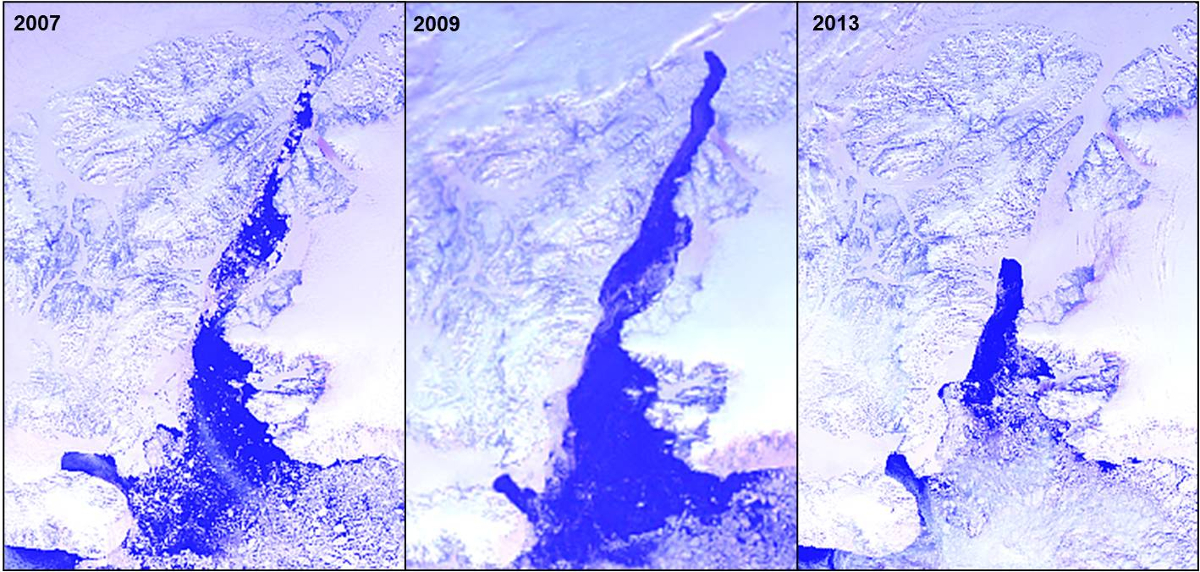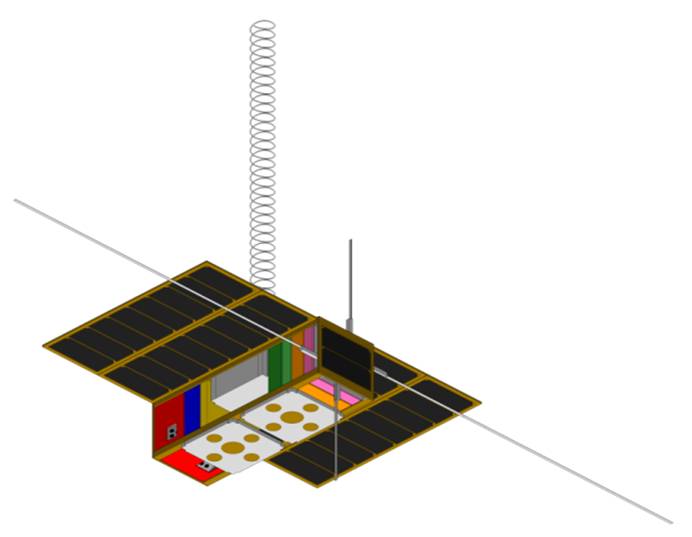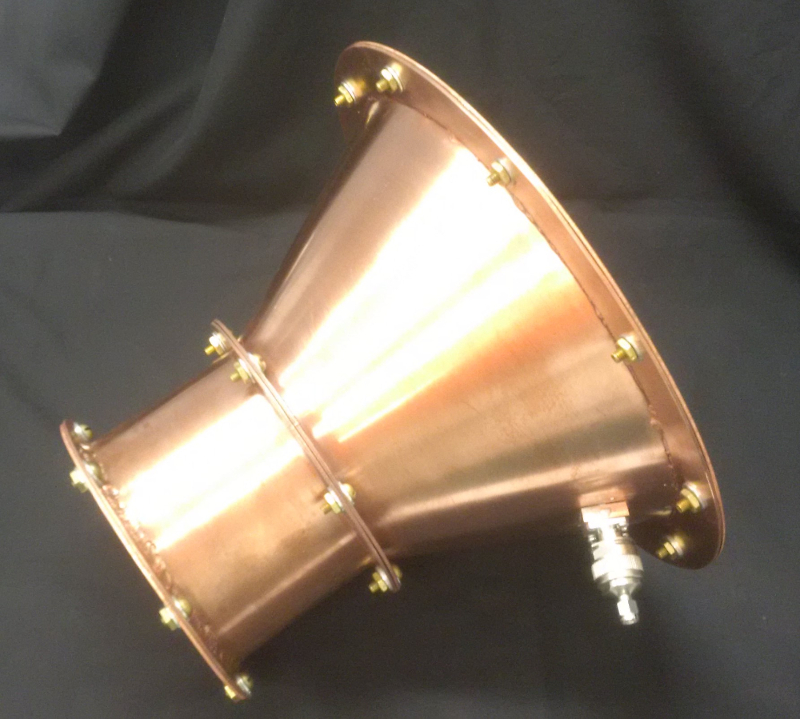The Department of Physics and Space Science at RMC offers M.Sc. and Ph.D. programs with specialization in Space Science. Students study theoretical, experimental, and observational aspects of Space Science in areas of research that include space mission analysis and design, satellite propulsion, astrophysics, remote sensing, satellite tracking, ionospheric and magnetospheric modeling, space weather, and auroral studies. The Department offers a variety of graduate courses designed to prepare students for thesis research in these diverse areas under the guidance of faculty members.
Space Science Researchers at RMC

Dr. Gregg Wade investigates the structure, evolution, origin and impact of magnetic fields in stars. His research concentrates on intermediate and high mass stars, which are the evolutionary progenitors of most white dwarfs, neutron stars and stellar-mass black holes. Dr. Wade has also directed research related to the characterization of the structure, surface composition, and rotation of artificial satellites. Dr. Wade is the Principal Investigator of the Magnetism in Massive Stars (MiMeS) collaboration and co-PI of the Binarity and Magnetic Interactions in Stars (BinaMIcS) project. Dr. Wade is the Dean of Science.
Dr. Jean-Marc Noël studies the ionosphere and its effect on satellites. His recent research demonstrated that aircraft Automatic Dependent Surveillance Broadcast (ADS-B) signals can be used to reconstruct two-dimensional electron density maps of the ionosphere using techniques for computerized tomography. This can be extended to other signals of opportunity such as Automatic Information System (AIS) on ships. Dr. Noël is the Dean of Graduate Studies.
Dr. Kristine Spekkens conducts research focusing on understanding the structure and evolution of nearby galaxies in a cosmological context. She spearheads a variety of projects to help reconcile long-standing discrepancies between the observed properties of spiral galaxies and predictions from galaxy formation theory and is interested in developing robust techniques for inferring the distribution of dark matter in these systems. Dr. Spekkens is the Canadian Science director for the Square Kilometer Array (SKA) project.

Dr. Ron Vincent specializes in the remote sensing of Arctic waters and climate change, focusing on satellite-derived sea and ice surface temperature algorithms, ice dynamics of the North Water Polynya, and polar dust loading. He is also involved in CubeSat mission development. He is the principal investigator of the CanX-7 Automatic Dependent Surveillance Broadcast (ADS-B) mission and is currently researching space weather and polar acoustic surveillance missions on CubeSat platforms. Dr. Vincent is the Director of the RMC Centre for Space Research.

Dr. Konstantin Kabin research interests lie in the field of space physics and numerical modeling. Much of his recent work involves modeling the magnetospheres of Earth and other planets. Understanding physical processes in the terrestrial magnetosphere has important consequences for many aspects of modern technology, such as GPS accuracy, satellite performance, and high-frequency communications, especially at high geomagnetic latitudes.
Dr. L Sangalli specializes in ground-based imaging of the dynamics of the aurora and the ionosphere. Dr. Sangalli is a major contributor to the NSERC CREATE International Space Mission Training Program, teaching Space Mission Design in which students develop, build, and launch scientific high altitude balloon missions. Dr. Sangalli is involved in the development of the space weather CubeSat mission that will monitor F10.7 solar flux emissions.

Dr. Thomas Krause is a material scientist with the Department, but he is currently developing an EmDrive propulsion system for CubeSat applications. EmDrive is a concept for a radio frequency resonant cavity thruster that generates thrust by reflecting microwaves internally in the device. The EmDrive is an unusual system in that it appears to violate the law of conservation of momentum.

Comments
Comments or suggestions are welcomed at: bryce.bennett@rmc-cmr.ca